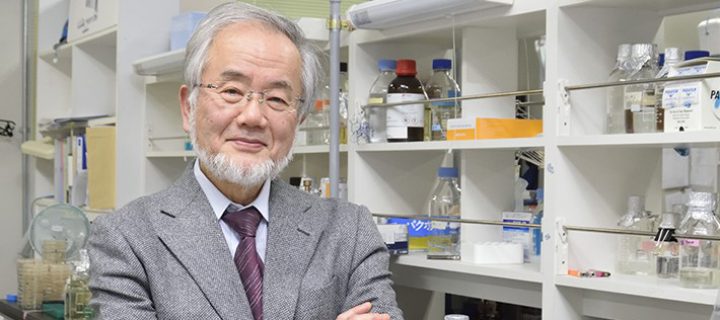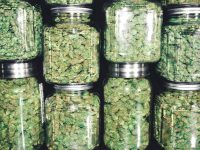This year’s Nobel Prize winner in the category of physiology or medicine was awarded to Yoshinori Ohsumi of Japan today, for this work on how cells can remain viable through waste recycling.

He was the first person to identify genes that stimulate the cellular ‘self-eating’ process, autophagy. Recognizing, understanding, and learning from this cellular method is vital; it can help explain what goes wrong when illness strikes, from cancers to Parkinson’s. It’s the errors in these genes that can be attributed to various diseases.
Though the idea of your body destroying its own cells sounds like a negative, it’s beneficial for the body. Autophagy is a natural defense mechanism of our body, enabling to cope with starvation, or fend off invading bacteria and viruses. Clearing away the trash facilitates space for new cells, too. Autophagy failure is therefore unsurprisingly linked to many diseases associated with old age, including dementia.

The concept of autophagy isn’t new, and has been known for over 50 years, but it wasn’t until Dr. Ohsumi’s studies with baker’s yeast in the 80s and 90s that significant groundwork started being made.
In an interview with Japanese broadcaster NHK, he explained the human body “is always repeating the auto-decomposition process, or cannibalism, and there is a fine balance between formation and decomposition. That’s what life is about.”
Dr. Ohsumi’s peers are equally delighted that their colleague’s work has been recognized and compensated.
“His pioneering work in yeast led to the discovery of the key genes and fundamental biochemical processes that are required for autophagy,” says Prof. David Rubinsztein, an expert in autophagy at the University of Cambridge.
“As autophagy is well conserved from yeast to man, his laboratory’s discoveries have also provided the critical tools to many labs to enable the appreciation of the important roles of autophagy in diverse physiological and disease processes.
“These include infectious diseases, cancers, and various neurodegenerative diseases such as Huntington’s disease and forms of Parkinson’s disease. Indeed, autophagy manipulation may provide a key strategy for treating some of these conditions.”
Dr. Ohsumi bested 269 other scientists vying for the prestigious Nobel Prize, which came with a nice eight million Swedish kronor (around £728,000 or $936,000 or 834,000 euros) for the winner.
The physics, chemistry and peace prizes will be given out later this week.












